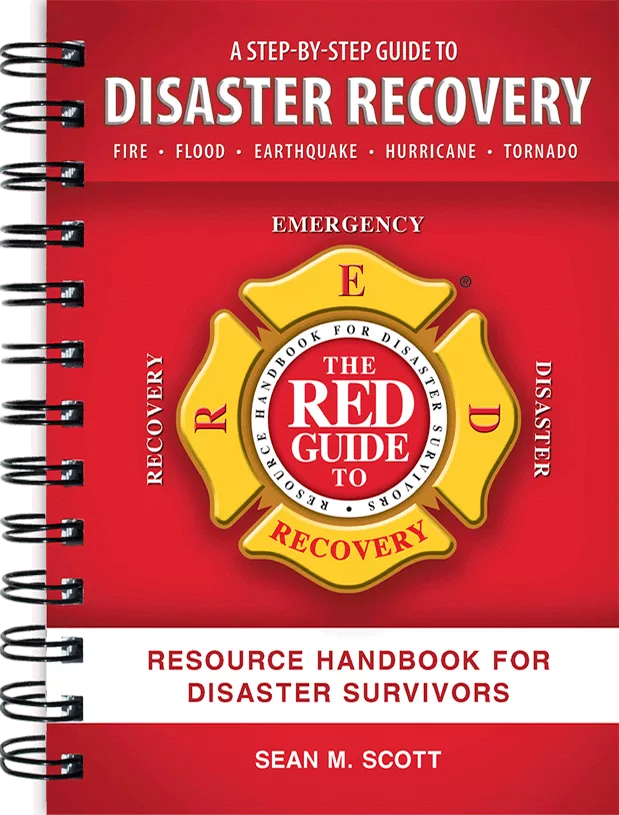What's a Restoration Contractor to Do?

Economic stimulus package…credit crunch…bailouts…reductions in force. The terms we hear every evening on the nightly news hit us like bullets. The wounds they leave are psychological, not real. But these catch phrases of economic hard times leave their mark just the same.
We worry about our business. We worry even more about our cash flow. And we watch our niche becoming ever more crowded as contractors rush in, looking for safe refuge at a time when home building and remodeling have gone south.
So how can the restoration contractor survive this economic mess? Recently I discussed the wisdom of concentrating on your specialty, focusing on client retention and making sure that others know of your expertise in restoration techniques as a way to separate your company from the newcomers looking for some restoration work to tide them over. But there is another type of expertise your experience has given you that will set you apart in the long run: your ability to deal with owners under severe stress.
Just as the current economy is giving you sleepless nights, it is also taking its toll on the homeowners, property managers and insurance professionals responsible for your business. They too are threatened with job losses and budget reductions on top of the stress of dealing with damaged property. What this means is that anxiety levels are even higher and, when a property owner suffers a loss, he or she may be even less resilient in coping with the disaster.
Contractors who are inexperienced in the technical specialties of dealing with water damage, building drying, smoke odor removal and chemical pollution may be equally disadvantaged in dealing with the emotional turmoil a property owner experiences following a loss. Their typical customer anticipates a remodeling, delighting in the details that will improve their life; no homeowner anticipates or plans for the details of a disaster. The mindset of the client is totally different.
Restoring a damaged property is a complicated process, and gaining the trust and confidence of the property owner requires skill. The restoration contractor becomes the one who makes things right in a place where things could not be more wrong. The workers understand how to let a property owner grieve, express anger or acknowledge confusion when the details are just too much to deal with at a given moment. Schedules, decisions and permissions must sometimes be delayed for no other reason than the fact that the property owner needs time to adjust. This type of customer service is a restoration contractors’ specialty – a skill that comes through experience and wisdom and not through a crash course on a technical procedure.
Something I’ve learned in my 40 years in insurance restoration is that when we think long term and commit to a specialized industry, we gain the credibility of a trusted adviser. We’ve exercised patience when work needs to be pushed and demonstrated understanding when decisions are delayed.
We need to remind our agents, adjusters and property managers that we were here before the economic crisis started and we’ll be here after good times return. That message gives us a demonstrated credibility that converted contractors just cannot deliver.
Looking for a reprint of this article?
From high-res PDFs to custom plaques, order your copy today!








